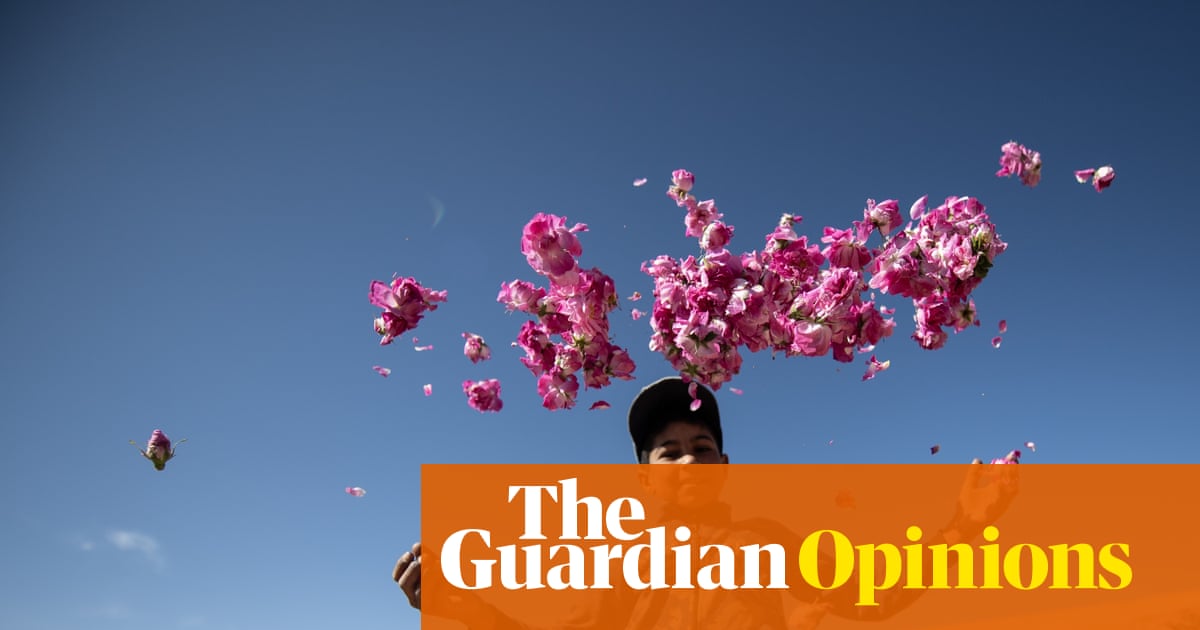Hardly a day goes by without a new insult being hurled in the faces of asylum seekers and refugees. We’re scroungers, rapists, fighting-age men who shouldn’t have left our home countries. Sometimes we’re simply “illegals”, the most dehumanising term of all. When did it become a crime to run for your life?
The people levelling these accusations are superb at making themselves heard. Mud sticks – and most of us are too scared to try to set the record straight. I don’t know how many of our accusers have sat down with us, human to human, and listened to our stories. Here’s mine.
I grew up in Syria. My childhood was safe and happy – idyllic when I look back at it. In 2011, the Arab spring and civil war in Syria changed everything. I was imprisoned twice for protesting against the Assad regime, but it never crossed my mind to leave. Like many young people, I never thought death would come for me.
Everything changed when I was almost killed in a deadly missile attack in a suburb of Aleppo I was only 17, and I realised that I wanted to live. So I escaped. First to Turkey, and then I travelled through Europe until I reached Calais. I hoped to reach the UK for two reasons. First, my auntie and cousins live here. After my mum died when I was 14, my auntie became a second mum to me. Second, I could speak English. The thing people don’t understand about refugees is how tired we are from what we have been through. All I could think about was resting and being with my auntie.
I spent 10 months in Calais trying to get to Britain. It was before small boat crossings become the main method of getting here, but the smugglers were there. We all hated them because they made it more difficult for us to cross the Channel without them. I tried every way I could: lorries, cargo trains, sneaking into the port to try to conceal myself on a ferry.
At that time the French police were attacking migrants, as they do now. Sometimes they would be helpful and tell us things such as what time border guards changed shift – that was the best time to try to sneak on to a train or a lorry. Sometimes we were wished good luck by French and British border force and police; some saw us as humans, some saw us as criminals.
When I made it to the UK in 2017, I thought I had finally found safety, but my experience with the Home Office reminded me that I hadn’t. I always felt as if I was being treated like a criminal. I was required to report to a police station regularly, and it took more than two years to get a decision on my asylum case.
Government aside, in that period British society was generally more welcoming towards people such as me. I could walk down the street in one of the UK’s diverse cities and blend in. I met wonderful people who always made me feel as if I belonged.
Everything changed when the previous government introduced the now-cancelled Rwanda scheme. People were put in detention centres and threatened with deportation. Although I had been granted leave to remain by then, I was really scared that the government would come after me too and deport me. That fear has grown even more since the Home Office changed its policy this February: people like me who entered irregularly will now “normally be refused citizenship”. One of the nightmares I often have is of shouting for help in the middle of the street when no one can hear me. I now feel I am living that dream.
Now that I have lived in the UK for a few years, I understand the politics better. People just want someone to blame for the state of the economy and public services – and migrants and refugees are the easiest to blame. Some believe the lies about us. I work as a cinematographer and also volunteer with a charity as an Arabic interpreter. I speak to a lot of age-disputed young people who the Home Office insists are adults and have been placed in adult hotels. It is so obvious when I listen to them speak that they are children. They cry down the phone to me. They hate being in hotels, forced to share rooms with adults they don’t know.
Most refugees dream of returning home if it becomes safe to do so. I often think back to the secure time of my childhood. I grew up with the scents of jasmine and geranium in my garden. I have planted those things here to try to recreate a sense of home. No matter what I do here to contribute, I feel I will always be viewed as a criminal and someone at risk of being sent back to my country, however unsafe it is.
Open, explicit racism seems to be on the rise in Britain. It starts with refugees like me and other migrants – but they will soon come for other people simply because they are not white, or belong to the “wrong” religion, or their sexual orientation. Unless we act now, things are going to get worse.
